Contents
Introduction
The gaming industry, often referred to as the video game industry, encompasses the creation, distribution, and monetization of video games across various platforms and formats. It has evolved from simple arcade games to a multi-billion-dollar global entertainment sector that includes a wide range of genres, technologies, and business models.

Key aspects of the Gaming Industry include:
Gaming Platforms: Games are played on various platforms, including consoles (like PlayStation, Xbox), PCs, mobile devices, and cloud-based platforms. Each platform offers unique experiences and technical capabilities.
Distribution Channels: Games are distributed physically (through retail stores) and digitally (via online platforms like Steam, Epic Games Store, App Store, Google Play, etc.).
Monetization Models: Games are monetized through various models, including one-time purchases, subscription services, in-game purchases (micro transactions), downloadable content (DLC), and free-to-play games with optional purchases.
E-sports and Competitive Gaming: Competitive gaming, known as e-sports, involves professional players and teams competing in organized tournaments with substantial prizes. E-sports has gained immense popularity and recognition.
Virtual Reality (VR) and Augmented Reality (AR): Emerging technologies like VR and AR are being integrated into gaming, offering immersive and interactive experiences.
Indie Games: Independent game developers, or "indies," create unique and innovative games outside of major studios, contributing to a diverse gaming landscape.
Streaming and Content Creation: Platforms like Twitch and YouTube have given rise to gaming influencers who livestream gameplay, create video content, and engage with their audiences.
Global Impact: The gaming industry has a significant cultural and economic impact, generating substantial revenue and influencing media, technology, and entertainment trends.
Technological Advancements: Advances in graphics, artificial intelligence, physics simulations, and networking have pushed the boundaries of what's possible in gaming.
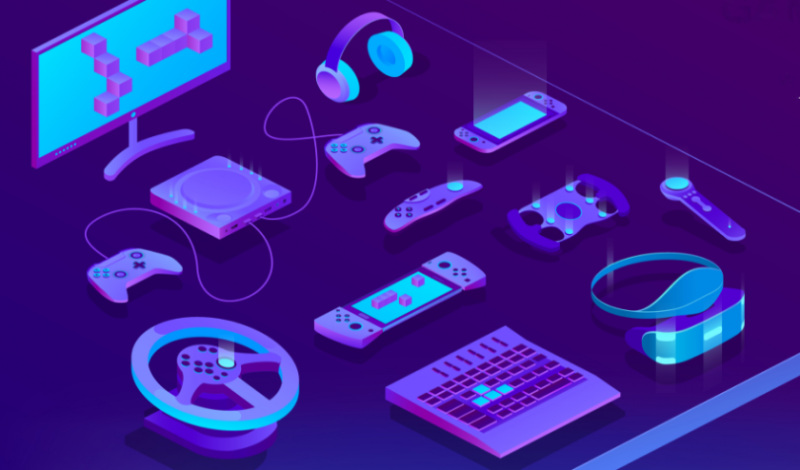
Cultural and Social Aspects: Gaming has become a social activity, connecting players worldwide through online multiplayer experiences and fostering virtual communities.
Regulation and Ethical Considerations: The industry faces challenges related to content rating, loot boxes, addiction concerns, and ensuring ethical and inclusive game development.
The gaming industry continues to evolve with the introduction of new technologies, platforms, and gaming experiences. Its widespread popularity makes it a major player in the entertainment sector, shaping pop culture and providing immersive experiences for players of all ages.
Challenges faced by the Gaming Industry
The gaming industry faces a range of challenges that impact its growth, development, and perception. Some key challenges include:
Monetization Practices: Controversial monetization methods, such as loot boxes and micro transactions, have raised concerns about potential gambling-like behavior, especially among younger players.
Regulation and Legislation: The industry navigates varying degrees of government regulation, from content rating to potential restrictions on violent or controversial game themes.
Online Harassment and Toxicity: Toxic behavior, harassment, and hate speech in online gaming environments pose challenges to creating safe and inclusive spaces for players.
Privacy and Data Security: Online gaming platforms collect and handle user data, raising concerns about privacy breaches and data security.
Intellectual Property Theft: Piracy and intellectual property infringement can lead to financial losses for game developers and publishers.
Emerging Technologies: The rapid pace of technological advancements presents challenges and opportunities in adopting new platforms like virtual reality (VR), augmented reality (AR), and cloud gaming.
Content Moderation: Maintaining safe and appropriate content in user-generated content platforms (like Minecraft or Roblox) requires robust moderation tools.
Quality Assurance: Ensuring that games are released without major bugs or technical issues is a challenge given the complexity of modern game development.
Competitive Landscape: As the industry grows, competition increases, making it more challenging for new and smaller developers to gain visibility and success.
Sustainability and Longevity: Creating games with lasting appeal and maintaining player engagement over time requires ongoing creativity and innovation.
Navigating these challenges requires collaboration among game developers, industry organizations, policymakers, players, and other stakeholders. The gaming industry's ability to address these issues will play a significant role in shaping its future and maintaining its positive impact on entertainment and culture.
Blockchain usage in Gaming Industry
Blockchain technology has gained traction in the gaming industry, introducing innovative ways to enhance player experiences. It offers secure and transparent ownership of in-game assets through non-fungible tokens (NFTs), enabling players to truly own and trade digital items. Blockchain's decentralized nature ensures tamper-proof transactions and prevents fraud, improving the integrity of in-game economies. Moreover, it enables cross-game interoperability, allowing players to use their assets across different games and platforms. This technology also supports play-to-earn models, where players can earn tokens by participating in games. By integrating blockchain, the gaming industry is reshaping how players interact with virtual worlds, fostering a new era of ownership, creativity, and economic opportunities.
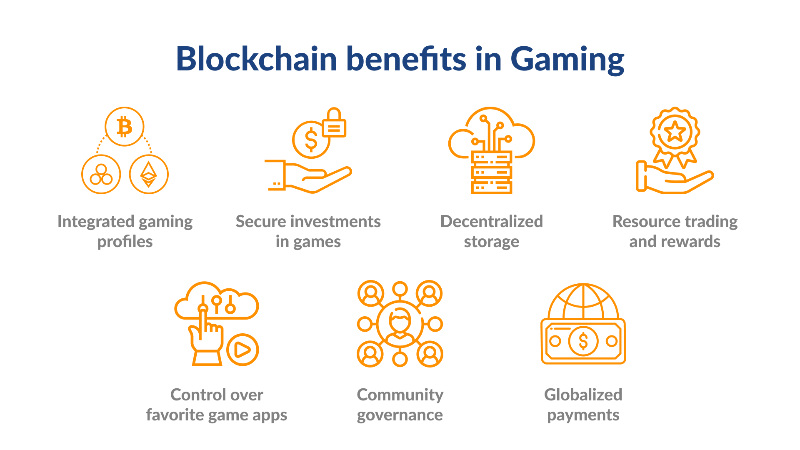
In the context of the gaming industry, tokenization involves representing in-game items, currencies, characters, or other digital assets as tokens on a blockchain. This enables players to have true ownership of these assets, trade them securely, and engage in novel monetization and gameplay experiences.
The gaming sector has undergone a substantial transformation due to the rise of tokenization. Backed by blockchain technology, tokenization brings forth an array of advantages that hold the capacity to reshape the gaming landscape. This encompasses elevating player ownership, forging fresh streams of revenue, and nurturing decentralized economies.
Tokenization in the gaming industry offers several compelling benefits:
True Ownership: Non-fungible tokens (NFTs) enable players to truly own in-game assets, characters, and items, granting them the ability to buy, sell, and trade with confidence.
Interoperability: Tokens allow assets to be used across different games and platforms, creating a seamless experience for players across various virtual environments.
Transparency and Security: Blockchain's transparency and immutability ensure secure transactions and prevent fraud, enhancing trust among players.
Monetization Opportunities: Play-to-earn models enable players to earn tokens through gameplay, rewarding their skills and participation in the gaming ecosystem.
Player Empowerment: Tokens empower players by giving them control over their digital assets, fostering a sense of ownership and agency.
Decentralized Economy: Token-based economies are less reliant on centralized control, allowing players to influence and shape the value of in-game items.
Innovative Gameplay: Tokenization opens avenues for unique gameplay mechanics, quests, and challenges tied to owning and trading assets.
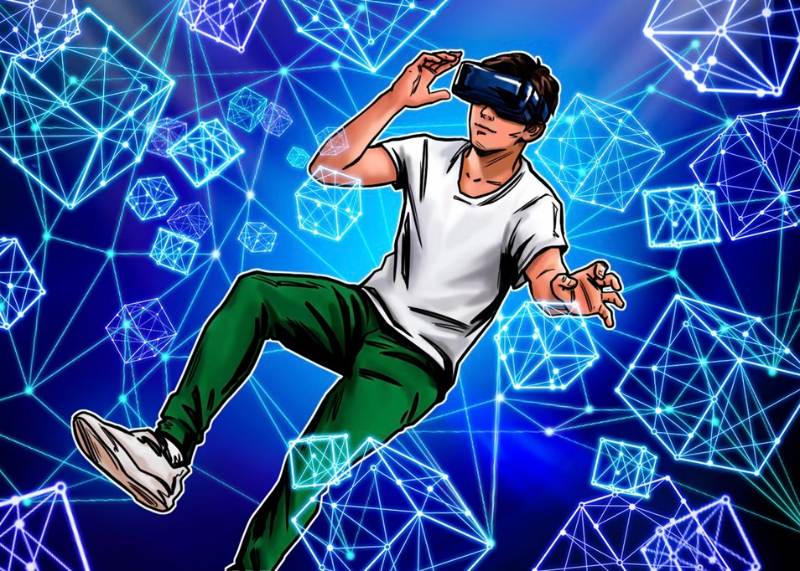
Global Accessibility: Blockchain's borderless nature enables players from around the world to engage in the same virtual economies and ecosystems.
Reduced Counterfeiting: Tokenization reduces the risk of counterfeit or duplicated items, ensuring the authenticity of rare and valuable in-game assets.
Marketplace Dynamics: Player-driven marketplaces emerge where users can set prices, trade, and participate in the economic aspects of the game.
Data Privacy: Blockchain's encryption features can protect player data, ensuring their personal information remains secure.
Customization and Collectibles: Tokens enable customization of characters and avatars, and also pave the way for digital collectibles that players can trade.
Decentralized Governance: Token holders can participate in decentralized decision-making processes, fostering community engagement in game development.
Cross-Platform Transactions: Tokens facilitate seamless transactions and asset transfers across different gaming platforms, breaking down walled gardens. Tokenize by Chainize provides an easy to deploy solution.
Incentivizing Engagement: Token-based rewards incentivize player engagement, encouraging active participation and loyalty.
These benefits collectively transform the gaming experience, offering players more than just entertainment by introducing ownership, value, and new possibilities in virtual worlds.
Tokenization in gaming involves the representation of in-game assets or items as tokens on a blockchain.
Different types of tokenization approaches are used in the gaming industry:
Non-Fungible Tokens (NFTs): NFTs represent unique and indivisible in-game items, characters, or assets on a blockchain. Each NFT has distinct attributes and cannot be replicated, making them ideal for representing rare or exclusive content.
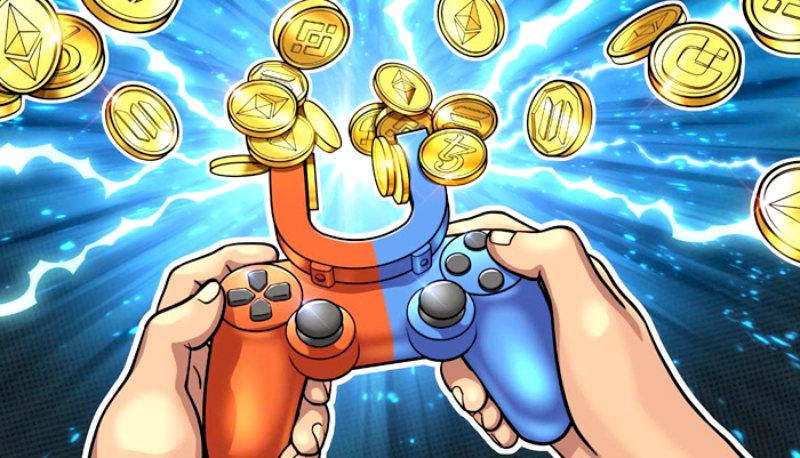
Fungible Tokens: Fungible tokens represent divisible and interchangeable in-game assets. These tokens can be used for in-game currency, resources, or other items that are uniform in value and can be exchanged on a one-to-one basis.
Utility Tokens: Utility tokens are used within a specific game's ecosystem to provide access to certain features, levels, or content. They can also serve as loyalty rewards or participation incentives for players.
Security Tokens: Security tokens represent ownership in a game development project or gaming company. They might offer investors a share of revenue or influence over decisions related to the game's development and monetization.
Wrapped Tokens: Wrapped tokens are cryptocurrencies like Ethereum or Bitcoin that are "wrapped" on a different blockchain, often for compatibility reasons. In the context of gaming, this could involve representing a cryptocurrency on a blockchain that is more suitable for gaming transactions.
Governance Tokens: Governance tokens allow players to participate in decision-making processes related to a game's development, updates, and rules. Holders of these tokens can vote on proposals that impact the game's direction.
Play-to-Earn Tokens: These tokens reward players with cryptocurrency or tokens for participating in a game. Players can earn tokens by completing in-game tasks, achieving milestones, or contributing to the game's ecosystem.
Asset-Backed Tokens: Asset-backed tokens represent physical or digital assets that have value outside of the gaming ecosystem. For example, a game might tokenize real-world collectibles that players can own and trade.
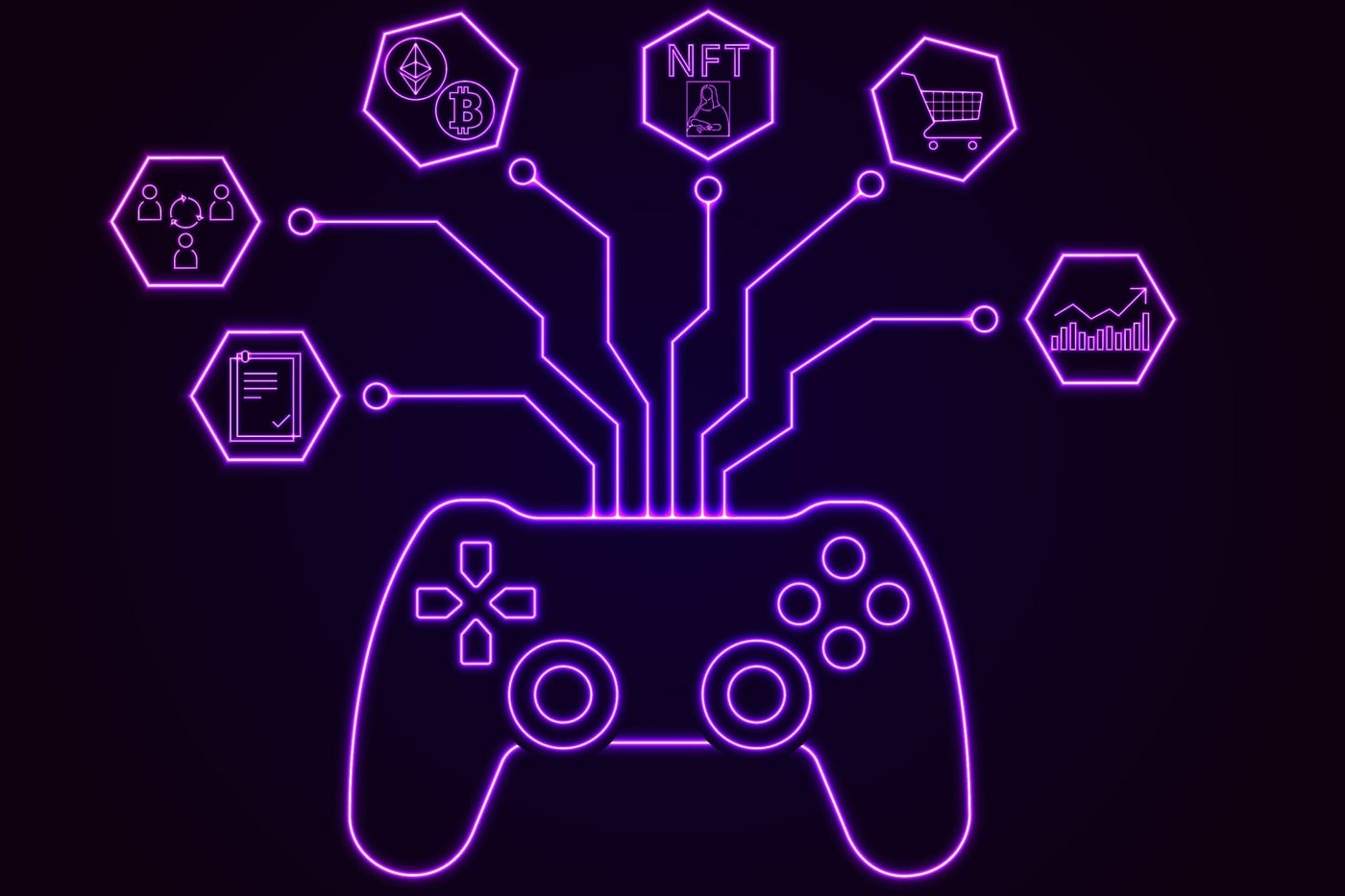
Cross-Chain Tokens: These tokens are designed to move seamlessly between different blockchain networks, allowing for interoperability between games on separate blockchains.
Reward Tokens: Reward tokens are given to players for achieving specific in-game goals, completing challenges, or reaching milestones. These tokens can be redeemed for exclusive in-game items or content.
Provenance Tokens: These tokens track the origin and history of in-game assets, ensuring transparency and authenticity. They can be used to verify the legitimacy of rare items.
These tokenization methods are transforming how players interact with in-game assets, providing ownership, value, and new economic models within the gaming ecosystem.
Conclusion
The gaming industry embraces diverse tokenization approaches, each presenting distinct benefits and potential. Ranging from in-game currencies and non-fungible tokens to play-to-earn strategies and asset-backed tokens, tokenization empowers player ownership, cultivates novel revenue channels, and nurtures inventive gaming ecosystems. As the progress of tokenization platforms gains momentum, anticipations include a surge in inventive games, decentralized marketplaces, and economies steered by players.
Chainize, a proficient firm specializing in tokenization, can contribute to the creation of a captivating amalgamation of gaming and blockchain technology through its Tokenize solution. This synergy carries significant promise for both players and developers, opening avenues for a more comprehensive and engrossing gaming journey.
For more information and other Enterprise use cases, contact Chainize.


